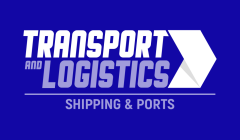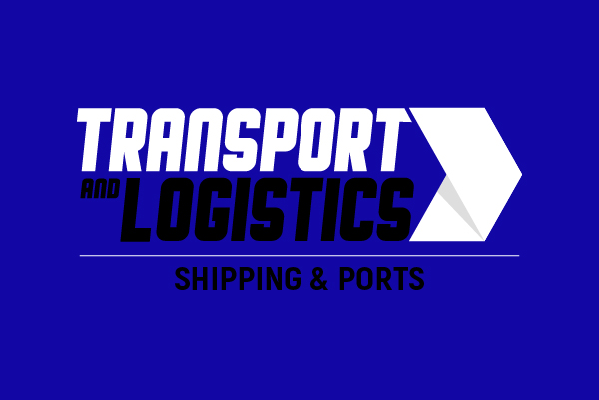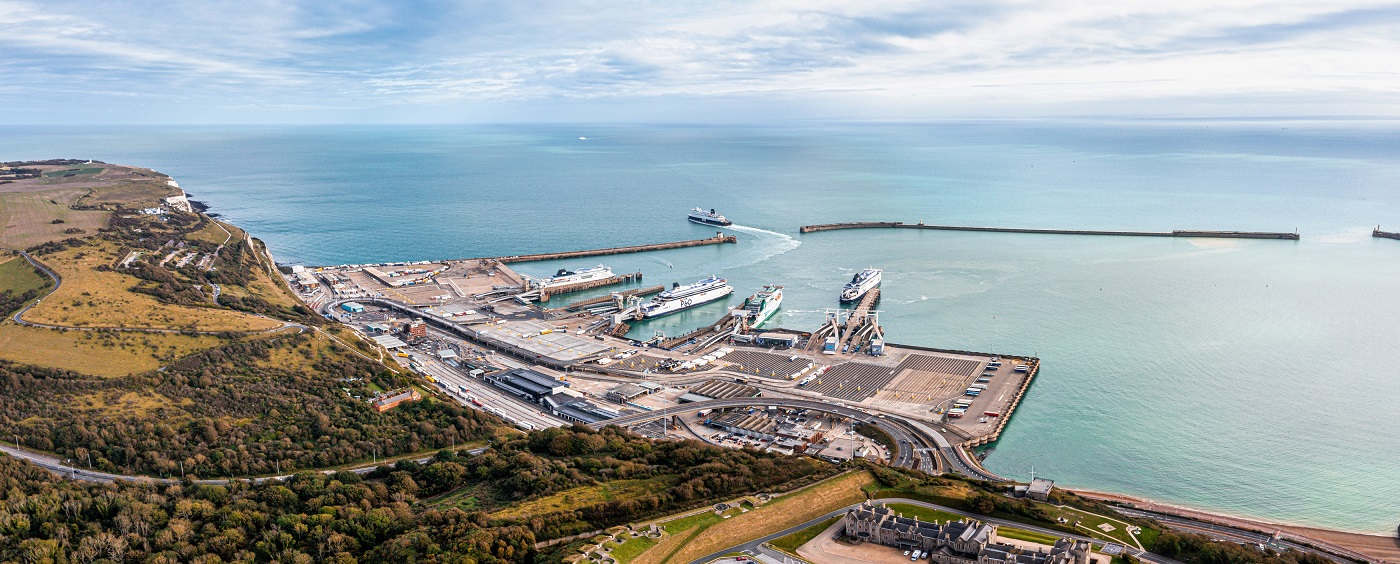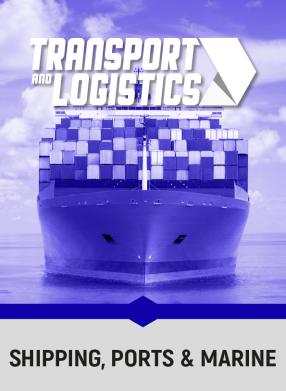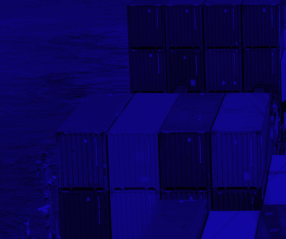The UK government has announced a £10.5 million funding package to support the Port of Dover, Eurostar, and Eurotunnel in preparing for the European Union’s upcoming Entry/Exit System (EES), a digital border system set to be introduced this autumn. The EES will require travelers from the UK and other non-EU countries to register at the border by providing their fingerprints and a photograph, a change expected to have significant implications for border crossings.
To minimize the risk of queuing and disruption, each of the three ports will receive £3.5 million to install the necessary EES technology and complete the required site preparations. Future of Roads Minister Lilian Greenwood emphasized the government’s commitment to ensuring smooth border operations, stating, “Nobody wants to see excessive queues at our ports, which is why we’re providing this funding to ensure our borders are as prepared as possible for the upcoming change – despite EES being an EU initiative.”
Minister for Migration and Citizenship Seema Malhotra, who will visit the Port of Dover and Eurotunnel to observe the ongoing preparations, added, “While EES checks will be a significant change to the EU border, we are working hard with the European Commission, member states, and ports to ensure we are well prepared, and minimize any disruption for Brits travelling into Europe.”
The funding will expedite key projects, such as the Granville Dock Project at the Port of Dover, where the existing marina at the Western Docks will be transformed into a site for EES processing. Eurotunnel and Eurostar will use the funds to install additional kiosks, conduct rigorous testing to avoid disruptions, and recruit and train staff to ensure a smooth implementation of the EES.
Emma Ward, Chief Operations Officer at the Port of Dover, welcomed the funding as a crucial step in supporting the port’s readiness for the new system. “We are doing all that we can to be ready with the facilities that will be used by French border officials operating the new system whilst we continue to work with the UK government to deliver more seamless travel between the UK and EU,” Ward said.
Simon Lejeune, Eurostar’s Chief Safety and Stations Officer, noted the investments made to enhance station infrastructure, ensuring a seamless transition for passengers. “With support from the government, we have enhanced our facilities and upgraded our technology to meet the new requirements. Eurostar will be fully prepared and compliant by November, ensuring a smooth transition for all our passengers,” Lejeune stated.
Yann Leriche, CEO of Getlink (Eurotunnel), emphasized the company’s long-standing focus on customer satisfaction and efficient border crossings. “This funding will be used to test and add new technology on the UK terminal, that will be deployed during peak periods, providing more kiosks, if needed, in addition to the 106 already installed in the UK, plus the recruitment and training of staff whose focus will be to assist EES passengers,” Leriche said.
However, despite the government’s efforts, Nichola Mallon, Head of Trade at Logistics UK, voiced concerns about the potential impact of the new system on the logistics industry. “Logistics UK has welcomed the announcement of funding to help Channel ports prepare for the upcoming EU digital border system, but is pointing out that passengers using the border crossings still need education and information to try to minimize the impact of these new system requirements and the knock-on impact on hauliers and freight,” Mallon explained.
Mallon also stressed the need for clarity on several aspects of the new border processing model. “Our members, companies which move the goods the UK needs every day, are still waiting for clarification on a number of areas concerning the new border processing model which, if not ironed out, could leave goods stranded at the border. Logistics operators urgently need the support of government to ensure that the UK’s borders do not become a barrier to the movement of goods,” she warned.
Logistics UK, a leading UK business group, represents the logistics sector, which is crucial to maintaining the UK’s trade flow. The organization advocates for efficient logistics practices, especially in the face of evolving challenges like Brexit, decarbonization, and new technologies.
